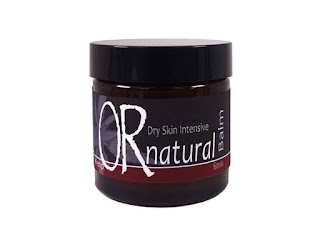Fragrances?
 |
'It's Your Choice' – Synthetics or Pure and "OR NATURAL"?
|
In addition, some fragrance
materials have been found to accumulate in adipose tissue and are present in
breast milk. Other materials are suspected of being hormone disruptors.
The implications are not fully known as there has been little evaluation
of systematic effects.”
What is known since this
publication is that the following common fragrances have health implications!
Isoeugenol, a chemical with
an attractive sweet, spicy odour is in most perfumes. Allyl isovalerate
has a pleasant cherry or apple smell used in many fragranced skincare products.
Estragole, a chemical with an aniseed smell, is a popular fragrance in
skin care products and Synthetic Coumarin has a pleasant new mowed
lawn smell, used extensively in aftershave; ... are all carcinogenic!
The good news is
that essential oils, which are naturally derived from plants, do not have the
same health issues and for many people with severe reactions to “synthetic”
fragrances, they easily tolerate and enjoy essential oils.
All Natural Soaps, Moisturisers, Nourishment, Exfoliants and more!
http://ORnatural.com.au 61-02-4998-8359
"OR Natural" Skin Care Solutions. Laguna, NSW Australia 2325.











